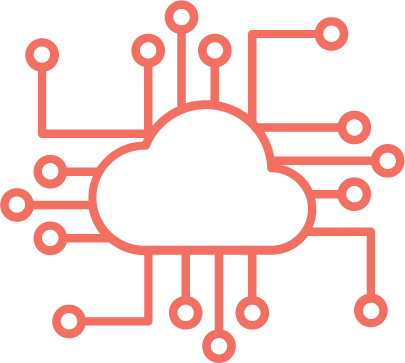Despite growing awareness, stigma around mental health persists. Many women still feel unsafe speaking openly about emotional challenges at work. A 2024 Deloitte study found that nearly 60 percent of women feel unsupported by their employers when it comes to mental health, and 70 percent feel uncomfortable discussing mental health in the workplace. Office-based women reported declining mental health and productivity, largely due to difficulty balancing work and home life. At the same time, 95 percent of women reported fearing negative impacts on their career progression if they were to request or take advantage of flexible work opportunities. There are resources available to address these challenges with WBC’s network. Motivity Care’s Partnership with Women business Collaborative is working with businesses, organizations and leaders on how we can address these issues.
Employers have both an opportunity and a responsibility to step up for women and help level the playing field at work.
What Businesses Can Do
1. Normalize Mental Health Conversations
Create a culture where open dialogue about mental health is encouraged, not penalized. Ensure employees—especially women—feel safe discussing their experiences without fear of judgment or career repercussions.
2. Train Leaders at Every Level
Leadership matters. Yet, 70 percent of senior leaders receive no training on mental health conversations. Equip managers and executives with the skills to recognize signs of mental distress and respond with empathy and support.
3. Close the Pay Gap
Economic stress has a direct impact on mental health. One study found women earning less than male counterparts were 2.4 times more likely to suffer from depression and 4 times more likely to experience anxiety. Pay equity is both a fairness and wellness issue.
4. Address Harassment and Toxic Culture
Sexual harassment has been clearly linked to anxiety, depression, and sleep disorders. Companies must prioritize safe, respectful workplaces and take swift action when issues arise.
5. Support Younger Women Employees
Younger women face unique stressors, from social media pressure to career uncertainty. Proactive mental health support and mentoring can help them build resilience early and increase their leadership potential over time.
WBC, through its network of experts and companies that are actively working on positive change for women, provides in-depth reporting and resources for organizations with information and action steps that can help organizations better address pay inequity, training for true allyship, and help more women move into leadership positions.
Within our network, here are just a few great examples of WBC partners that are turning the tide for women’s mental health at work:
- Motivity Care was founded to provide a measurable way to reduce the cost, time and risks of caregiving to allow working caregivers to be able to balance their work, personal life and caregiving more effectively. It is a benefit that goes beyond just educating about this barrier, it is designed as a practical solution to help keep more women in the workplace.
- WBC Partner Organization, Global Women 4 Wellbeing (GW4W), has focused on healthier female leadership, including mental health, since 2016. The organization has provided insights into the connection between caregiving and financial wellbeing as well as targeted information on grief and loss. They have been providing experiential workshops for organizations so that working women better understand how to protect their physical, mental and financial health at each stage of their career. They educate on how to better use benefits and resources at their companies and be more aware of the various stressors they may experience at different stages of their career. This gives working women the opportunity to better plan for challenges in advance. Being prepared can reduce these stressors that can derail a career or put someone into financial jeopardy. It can make the difference at key points in their careers that can either hold them back or help them more forward.
Employers have both an opportunity and a responsibility to step up for women and help level the playing field at work.
WBC is able to help companies get connected to the professional, experienced resources to better address key barriers for women in the workplace and help close the workplace gender gap.
Together, we can make positive change for the next generation of women leaders. By investing in women’s mental wellbeing, companies don’t just improve employee health—they cultivate stronger leaders, increase productivity, and foster a culture of inclusion. Supporting mental health isn’t just the right thing to do—it’s a smart business decision.









